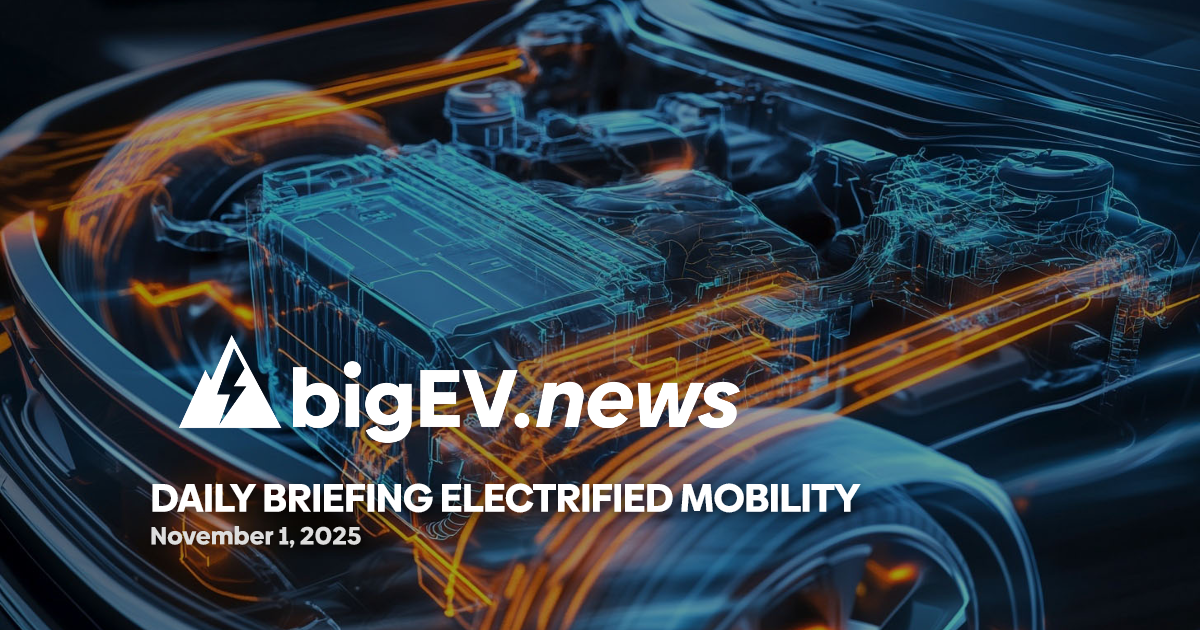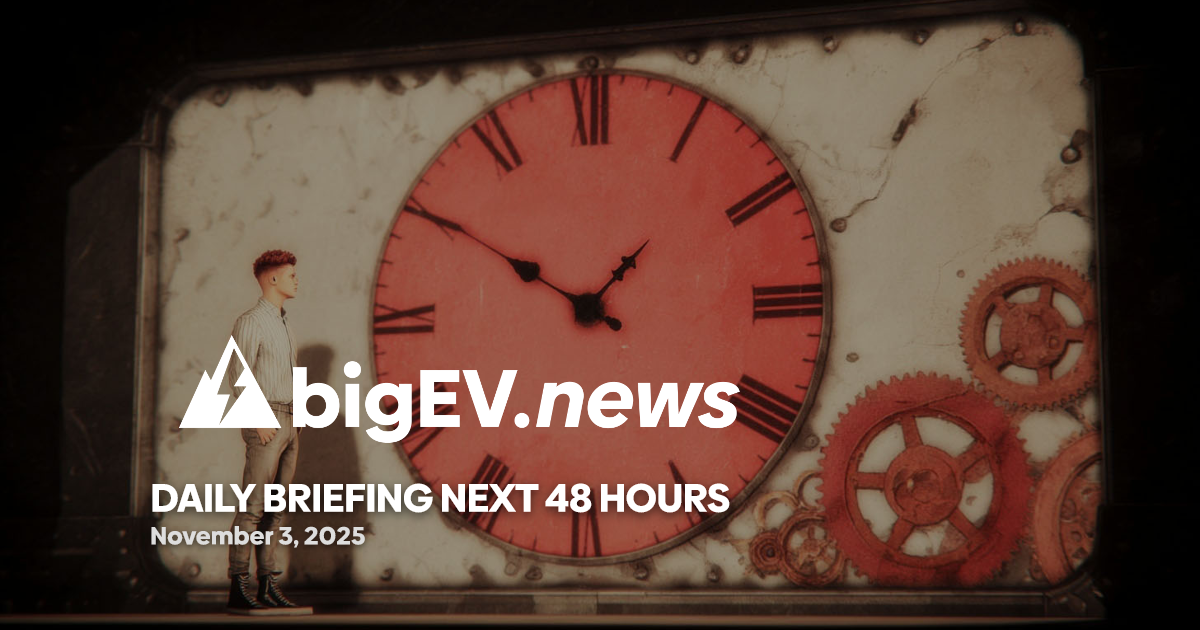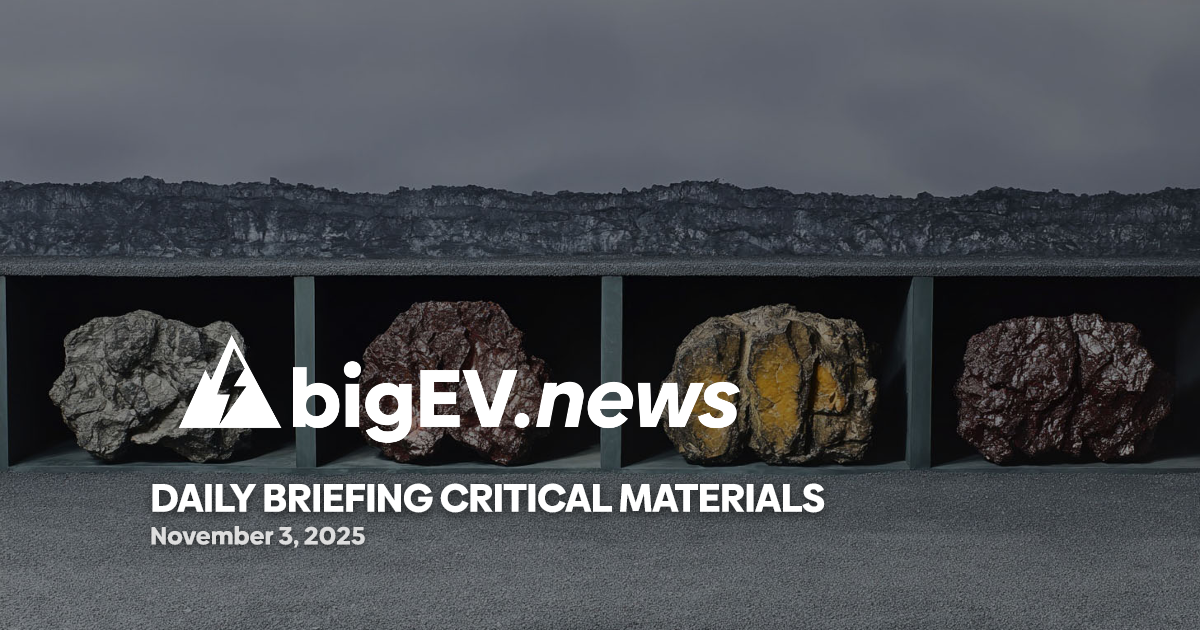At a glance – The past 24 hours have seen a flurry of activity across the electrified mobility sectors, with significant breakthroughs in electric marine propulsion, strategic partnerships for sustainable shipping, and defense-driven manufacturing innovation. Vision Marine Technologies and Sterk Boats are set to debut the first dual E-Motion 180E electric outboard system at the Fort Lauderdale International Boat Show, marking a milestone for high-performance electric boating. Meanwhile, ABB and OceanWings have joined forces with Everllence to optimize hybrid propulsion for LNG carriers, and the U.S. Navy is investing in additive manufacturing to accelerate submarine production. These developments are complemented by shifting dynamics in global hydrogen projects, regulatory updates in eVTOL certification, and robust financial results from leading electric motorcycle manufacturers, underscoring the sector’s rapid evolution and the growing convergence of electrification technologies across platforms.
Technology advance – Vision Marine Technologies Inc., in collaboration with Germany’s Sterk Boats, has announced the world’s first dual application of its E-Motion 180E electric marine powertrain system. The Sterk 31e, equipped with two high-voltage E-Motion 180E outboards and a battery system exceeding 170 kWh, will make its in-water debut at the 2025 Fort Lauderdale International Boat Show. This integration not only demonstrates the scalability of Vision Marine’s propulsion technology but also sets a new benchmark for performance and endurance in the electric boating sector. The partnership highlights the growing trend of hull optimization for electric propulsion, with both companies emphasizing the seamless fusion of premium German design and advanced high-voltage systems. The unveiling is expected to catalyze further adoption of electric powertrains in larger recreational vessels, expanding the market for shared EV components such as batteries and inverters.
Partnerships – At GasTech 2025 in Milan, Everllence, ABB, and OceanWings formalized a Memorandum of Understanding to co-develop an optimized propulsion concept for LNG carriers, leveraging ABB’s DFE+ (Diesel-Electric with variable speed) system and OceanWings’ adaptive wingsail technology. The collaboration aims to integrate wind-assisted propulsion with hybrid electric systems, enabling high engine efficiency, operational flexibility, and the future incorporation of batteries and fuel cells. OceanWings’ Adaptive Trimming capability will allow real-time optimization of sail positioning, maximizing aerodynamic efficiency. The partners are targeting LNG carriers, which spend the majority of their operational time at sea, as ideal candidates for this hybrid approach. The initiative is projected to deliver substantial reductions in both operating and capital expenditures, while also advancing the decarbonization of long-distance maritime transport.
Acquisitions/expansions – The U.S. Navy’s Maritime Industrial Base Program, in partnership with General Dynamics Electric Boat and Lincoln Electric, has announced a major investment to accelerate the adoption of additive manufacturing (AM) in submarine construction. Through this initiative, General Dynamics Electric Boat will source critical components from Lincoln Electric’s new large-scale metal AM facility in Cleveland, which features four advanced SculptPrint™ machines. This marks Lincoln Electric’s largest government-funded AM investment to date. The move is designed to address persistent supply chain bottlenecks and material shortages that have delayed submarine production, particularly for Columbia-class and Virginia-class vessels. By leveraging 3D-printed parts, the Navy aims to cut lead times and enhance the resilience of its industrial base, ensuring timely delivery of next-generation nuclear-powered submarines.
Regulatory/policy – The global push for carbon-neutral fuels in shipping has encountered new challenges, as evidenced by RWE’s withdrawal from the $10 billion Hyphen green ammonia project in Namibia. The German utility cited slower-than-expected demand for hydrogen and its derivatives in Europe, highlighting the sector’s struggle to scale green hydrogen production. According to Accelleron’s latest report, the adoption of carbon-neutral fuels is hampered by fragmented demand, fuel availability constraints, and misaligned regulatory frameworks. The report underscores the need for dedicated renewable energy infrastructure and green finance capital to support the transition. These policy and market uncertainties are reshaping investment strategies and could significantly impact the timeline for achieving net-zero emissions in international shipping.
Finance/business – In the electric motorcycle sector, Energica Motor Company has reported a 24% year-over-year increase in global sales for Q3 2025, driven by strong demand in both Europe and North America. The company’s expanded dealer network and the launch of its new Experia adventure touring model have contributed to record revenues, positioning Energica as a leader in the high-performance electric motorcycle market. CEO Livia Cevolini attributed the growth to the company’s focus on battery innovation and strategic partnerships with major automotive suppliers. The financial results reflect broader trends in the electrified powersports industry, where shared EV components and supply chains are enabling rapid product development and market expansion across motorcycles, eVTOLs, and marine platforms.
Sources: boatingindustry, marinelink, seapowermagazine, energicamotor, aviationtoday, hydrogeninsight









